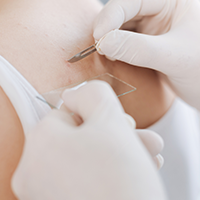
The Australasian College of Dermatologists works in collaboration and partnership to deliver and promote campaigns and resources aimed at raising community awareness, supporting timely access to care, shared decision-making and improved skin health outcomes.
Feature campaign
7 Days of Skin health - Launching our 2023 World Skin Health Day campaign
World Skin Health Day
Each year since 2018, the Australasian College of Dermatologists has participated in World Skin Health Day. World Skin Health Day is a joint project of International League of Dermatological Societies (ILDS) and the International Society of Dermatology (ISD) and aims to recognise and promote skin health around the world.
College’s annual campaigns showcase the diversity of skin diseases in Australia, highlight the psychosocial impacts of living with skin, hair and nail conditions and call for investment to ensure all Australians with skin, hair and nail conditions can access the timely, appropriate care they need.
Collaboration with patient support groups and a range of organisations and individuals has been key to the successful development and promotion of our campaign messages and resources.

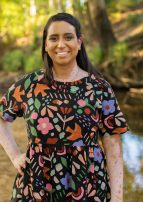
In 2022, we launched our Caring for the Skin You’re In community language podcasts in partnership with Speak My Language (Disability) to encourage Australians from culturally and linguistically diverse backgrounds to seek help for chronic skin, hair and nail conditions.
View our 2022 campaign
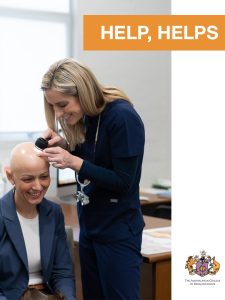
In 2021, we launched our Help, helps videos and resource hub to encourage and empower the many Australians living with chronic skin, hair and nail conditions to seek help and to raise broader awareness of the impact of these conditions.
View our 2021 campaign

In 2020, in launching our Your dermatology telehealth appointment: A five-step guide, we reminded Australians that when it comes to telehealth appointments, it’s OK to ask questions. Asking questions will help you get the best possible care and support.
View our 2020 campaign
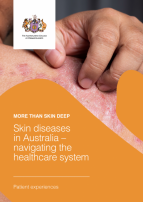
In 2019, we examined the impact of chronic skin, hair and nail conditions from patients’ perspectives, the psychosocial impacts in the form of stigma and discrimination, and challenges with access with the launch of our report:
More than skin deep: Skin diseases in Australia – navigating the healthcare system

In 2018, we launched an online social media campaign with a theme “Understand” to promote unique experiences of patients and help build a connection between dermatologists and patients.
View the campaign images here
Cancer Council Australia – National Skin Cancer Action Week
Each year Cancer Council Australia and the Australasian College of Dermatologists come together for National Skin Cancer Action Week to remind Australians to use sun protection and promote early skin cancer detection.
Australia has one of the highest rates of skin cancer in the world, including melanoma and non-melanoma skin cancers. Currently around two in three Australians will be diagnosed with skin cancer by the age of 70 and around 2,000 people die from this disease every year. However, more than 95% of skin cancer cases are caused by unprotected exposure to UV radiation from the sun, meaning it is a nearly entirely preventable cancer.
Stay SunSmart
By using sun protection and preventing sunburn and skin damage you are reducing your risk of skin cancer – including potentially deadly melanoma. Sun protection is recommended whenever UV levels reach 3 or higher.
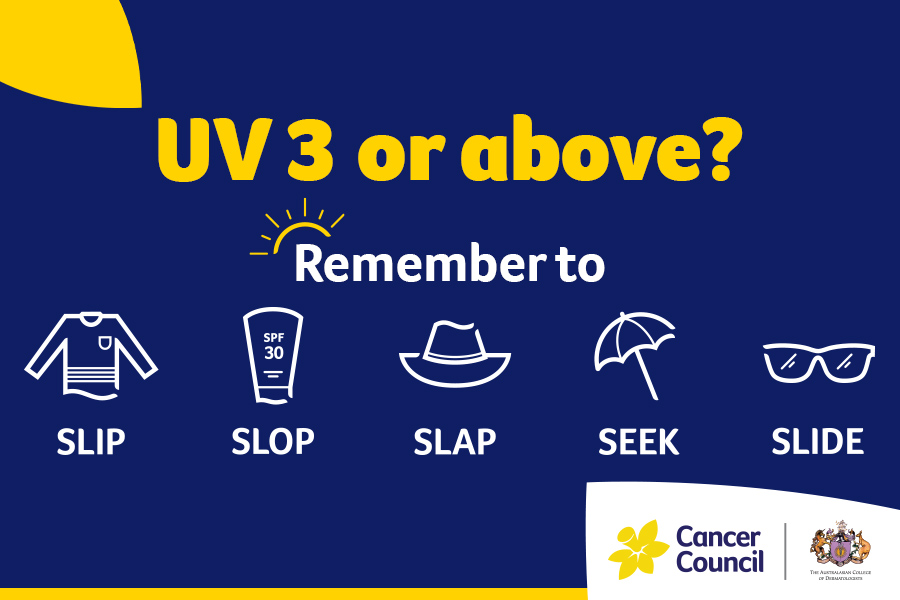
National Skin Cancer Action Week 2022 highlights that we need to do more to promote sun protection, especially amongst men aged 40 to 59.
There are five simple things you can do to protect yourself and greatly reduce your risk of skin cancer:
- Slip on sun-protective clothing that covers as much skin as possible
- Slop on broad-spectrum, water-resistant SPF30 (or higher) sunscreen. Apply at least 20 minutes before going outdoors and reapply every two hours afterwards
- Slap on a hat – broad-brim or legionnaire style to protect your face, head, neck and ears
- Seek shade
- Slide on sunglasses – make sure they meet Australian standards.
A combination of the five measures, along with getting to know your skin and regularly checking for any changes, are key.
Choosing Wisely Australia
The Australasian College of Dermatologists has been a member of Choosing Wisely Australia, an initiative of NPS MedicineWise in partnership with Australia’s health professional colleges, societies and associations, since 2015.
The initiative aims to enable clinicians, consumers and health stakeholders to start important conversations about tests, treatments and procedures where evidence shows they provide no benefit, or in some cases, lead to harm and to question the notion ‘more is always better’.
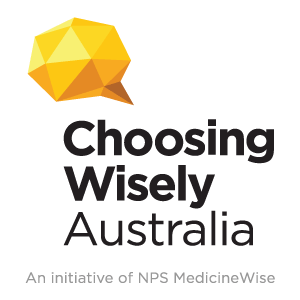
Australia’s peak health professional colleges, societies and associations have developed lists of evidence-based recommendations of the tests, treatment and procedures that healthcare providers and consumers should question.
These recommendations, together with Choosing Wisely’s key consumer resource – 5 questions to ask your doctor or other healthcare provider about tests, treatments and procedures – are a key starting point towards reducing inappropriate and unnecessary healthcare.
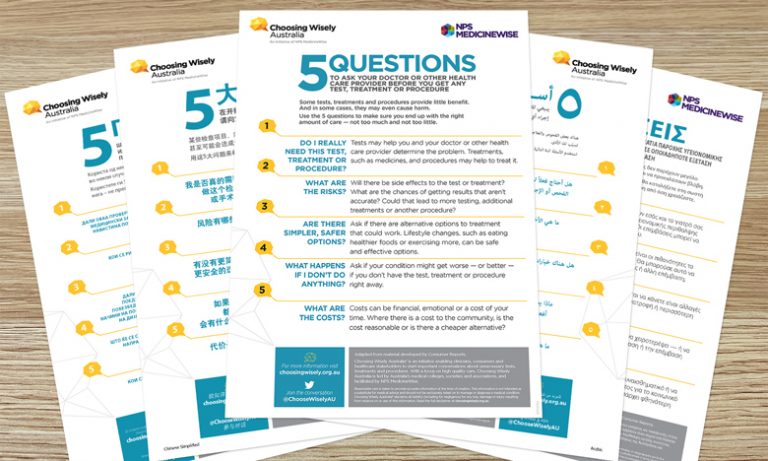
Since 2016, ACD has published eight Choosing Wisely recommendations – on leg cellulitis, epidermal cysts, urticaria, distorted toenails, acne and on systemic non-sedating antihistamines and topical corticosteroids.
We have actively promoted the 5 questions to ask your doctor or other healthcare provider through our community engagement activities.
Our World Skin Health Day campaigns have reinforced the message that it’s ok to ask questions and that asking, and encouraging questions helps ensure the best possible care.
Remember, it’s OK to ask questions. Asking questions will help you get the best possible care.
NPS MedicineWise and the Targeted Therapies Alliance
Biological disease-modifying antirheumatic drugs (bDMARDs) and other specialised medicines have made a significant improvement in the management of chronic diseases including a number of dermatological conditions. However, these medicines are complex for consumers, specialists and pharmacists to navigate.
With funding from the Australian Government Department of Health, NPS MedicineWise and a range of organisations representing specialists, pharmacists, consumers and research experts formed the Targeted Therapies Alliance with the aim of providing stewardship and direction about the safe and wise use of bDMARDs and other specialised medicines to ensure the best possible health and economic outcomes.
The Australasian College of Dermatologists and patient support group, Psoriasis Australia, worked with the Targeted Therapies Alliance on the component of the program supporting best use of specialised medicines for plaque psoriasis.
The resources include factsheets and an action plan to support prescribers and their patients with shared decision making.
The Alliance has also developed useful resources for health professionals and patients explaining biologics, their biosimilars and their role in supporting PBS sustainability.

Healthdirect Australia
The Australasian College of Dermatologists is an information partner with Healthdirect Australia, a government-funded service, providing quality, approved health information and advice by phone and on its website.
Healthdirect Australia’s website links to ACD’s A-Z of Skin resource, our Find a Dermatologist tool, Help, helps resource hub and our other Community webpages.
College has promoted Healthdirect’s Question Builder, a tool to help people prepare for medical appointments by creating a list of questions to ask their doctor, as part of our World Skin Health Day campaigns and resources.
Media and community engagement
As the leading authority in Australia for dermatology, we regularly provide expert advice and commentary to the media on skin health and dermatological practice.
A number of our Fellows participate in community engagement activities by acting as advocates including engaging with their local communities, presenting at conferences, community and patient support group events, responding to media enquiries and helping to promote understanding of skin health through social media. They also provide valuable insights on how College can meet community needs.

